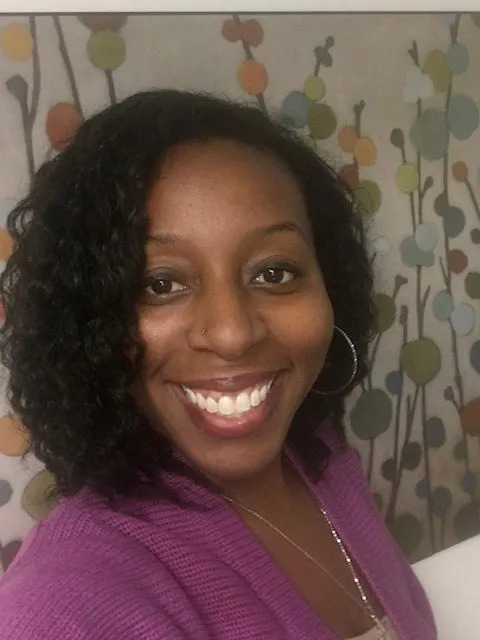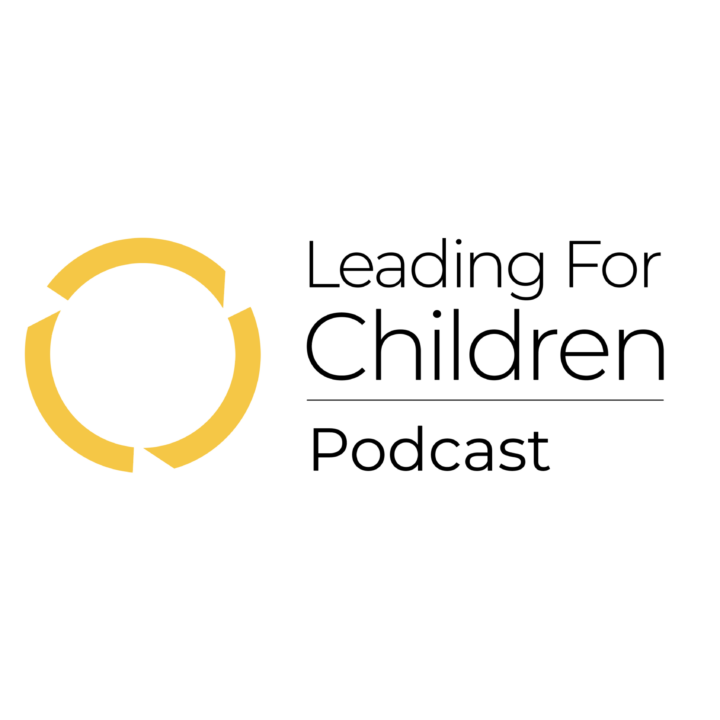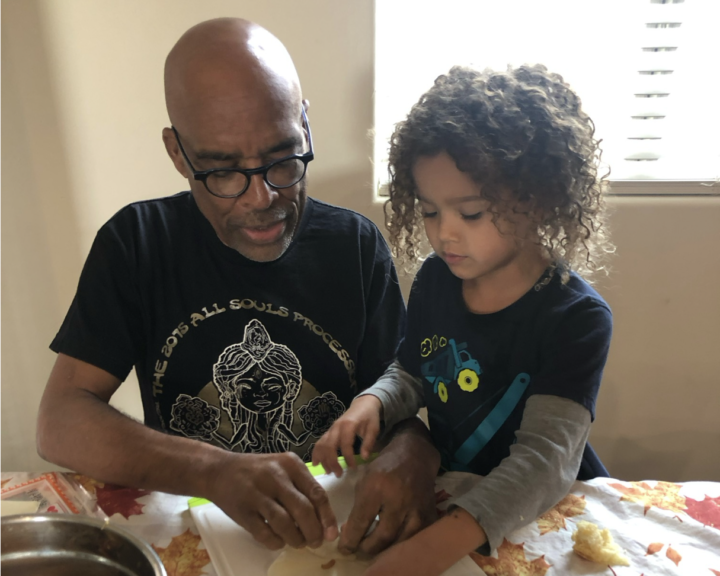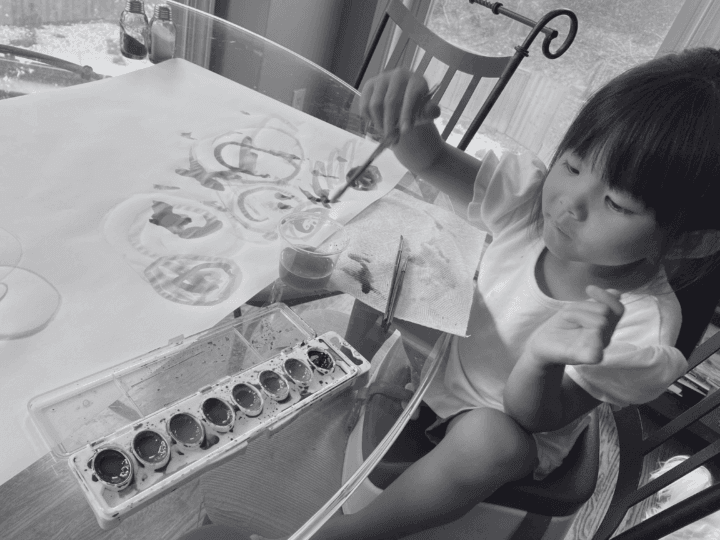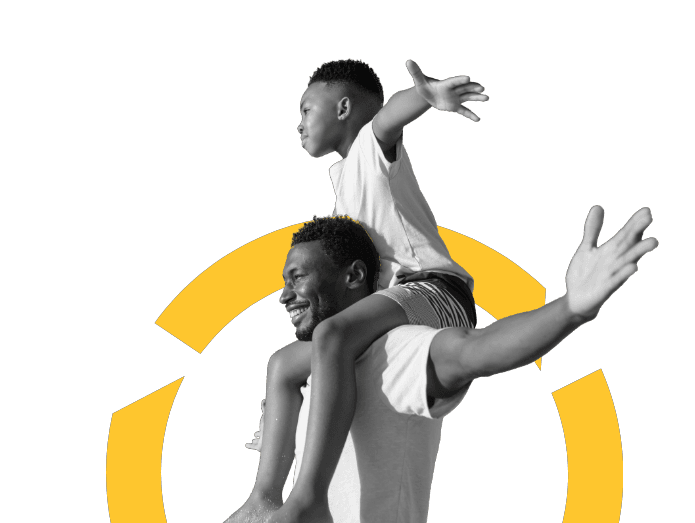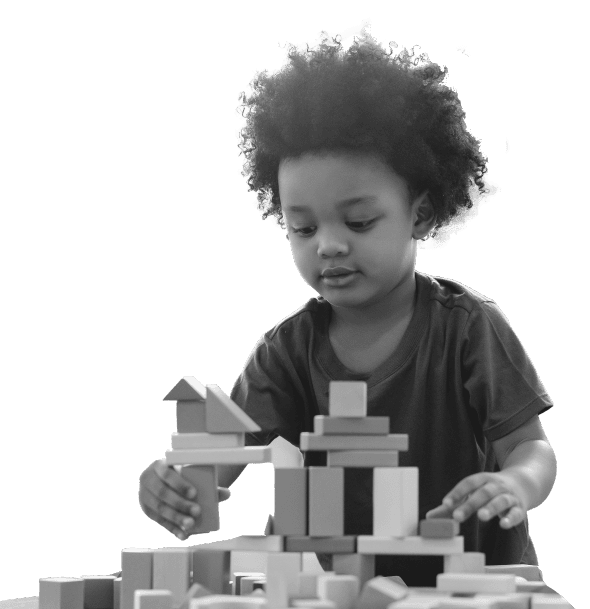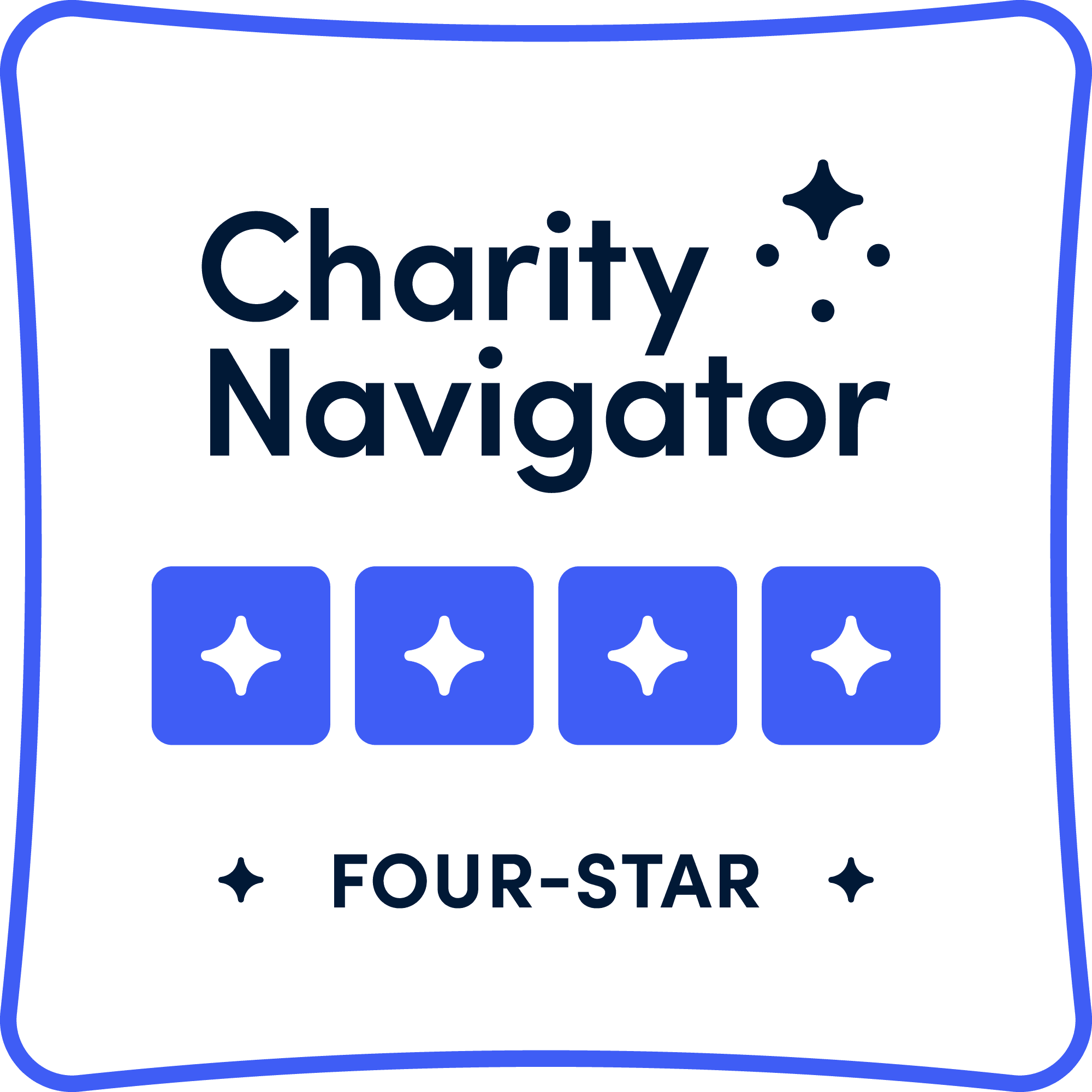By Serene Stevens, a member of our LFC team, about the Mutual Learning Method.
Knowing the answer in learning settings has always felt important for me. As an early learning coach and facilitator, I had the misguided ideas, based on my education and professional experiences, that if someone was coming to sit with me or listen to me speak, they must be seeking wisdom, so I had to be wise. I felt pressure to sound smart, move the needle, get us somewhere. Everything that came out of my mouth had to be profound. I was always searching for the next insightful thing to say. Often, I felt self-doubt but plodded along.
My thinking shifted when I joined the Leading for Children team and began facilitating mutual learning conversations.
Mutual learning is an approach to engaging in inquiry together. We challenge our assumptions, looking for synergy and differences among ideas, expand our thinking, and activate curiosity— cultivating new ideas that unfold from the wisdom of the group. With mutual learning, every voice is deeply respected, and power is balanced.
In these conversations, I observe pacing and the balance of members’ contributions. When I offer a prompt, I make sure there’s ample time for people to think, jot down their ideas, and ensure that each person’s contribution can expand our conversation. I am aware of the whole space and that each of us is stretching as a result of the interaction. While I am an active member of the group, I’m also keenly observing to be sure that every voice is heard, that we pause to make space when someone has a question or needs a little extra support from the group. Group members make connections and shift their thinking, and I learn in partnership with them. As long as we’re talking, there’s opportunity to grow.
After nearly 25 years in early childhood education, I see mutual learning as a groundbreaking approach to fostering more equitable interactions. I’ve been to many professional learning sessions, with a presenter holding a microphone and dominating the space, with PowerPoint slides and a strict agenda. The presenter might invite groups to mingle, and this is where I’ve always gained a more well-rounded understanding of the topic at hand. The other people at my table and across the room had experiences and perspectives that helped me to see and understand the fullness of the content. This sharing is the essence of mutual learning — to build upon the richness of knowledge and wisdom that each person, whatever their role, brings to the learning experience.
As a mutual learning facilitator and a learner, here are some observations I’ve made.
1. Ongoing Learning vs. Mastery
Neither facilitator nor group members have to have content mastery before the conversation or after the conversation has taken place. They simply need to come with their perspectives and experiences, and new wisdom and collective knowledge takes shape. Individuals are encouraged to dig deeper and think further as they activate their curiosity and reflect. Without the pressure to know the answers, members explore their curiosities, ask questions of others, and gain insight into diverse perspectives. Learning takes place naturally, and no one leaves the conversation in the same way that they entered.
2. Connections Grow Through Mutual Exploration
With the space to engage in conversations, group members think together, share with one another, and increasingly value diverse perspectives. During a time where so many people are navigating uncharted waters and experiencing exhaustion, burnout, and fatigue, building relationships and connecting with others feels more important now than ever before. When we connect in meaningful ways, we build strong ecosystems for young children, and we help to create thriving communities for ourselves and others.
3. The Result is Self-Empowerment
When we share experiences and insights and hear those of others, we gain awareness of the value in what every voice has to offer. We respect our own knowledge, and the knowledge others bring. As we exchange perspectives and information, we dig deeper into topics and suggest new avenues for understanding. Everyone feels that their voice is valued and respected, and they begin to see how their ideas contribute to the collective wisdom. Every adult in children’s lives is a leader for children, and mutual learning supports more and more individuals to grow in this recognition.
It’s so powerful to watch, observe, and think. This is not the status quo for many professional learning experiences, where talking with authority is often viewed as the most powerful way of interacting. With mutual learning, I see the possibility of a change and a shift toward more collective self-empowerment. In the past, I felt that I needed to be that authoritative voice, but now I see the power in listening, observing, and bringing together different perspectives in a cohesive whole. I do this in the spirit of recognizing that my perspective is not the only one. All voices matter in mutual learning, and each helps us grow.
